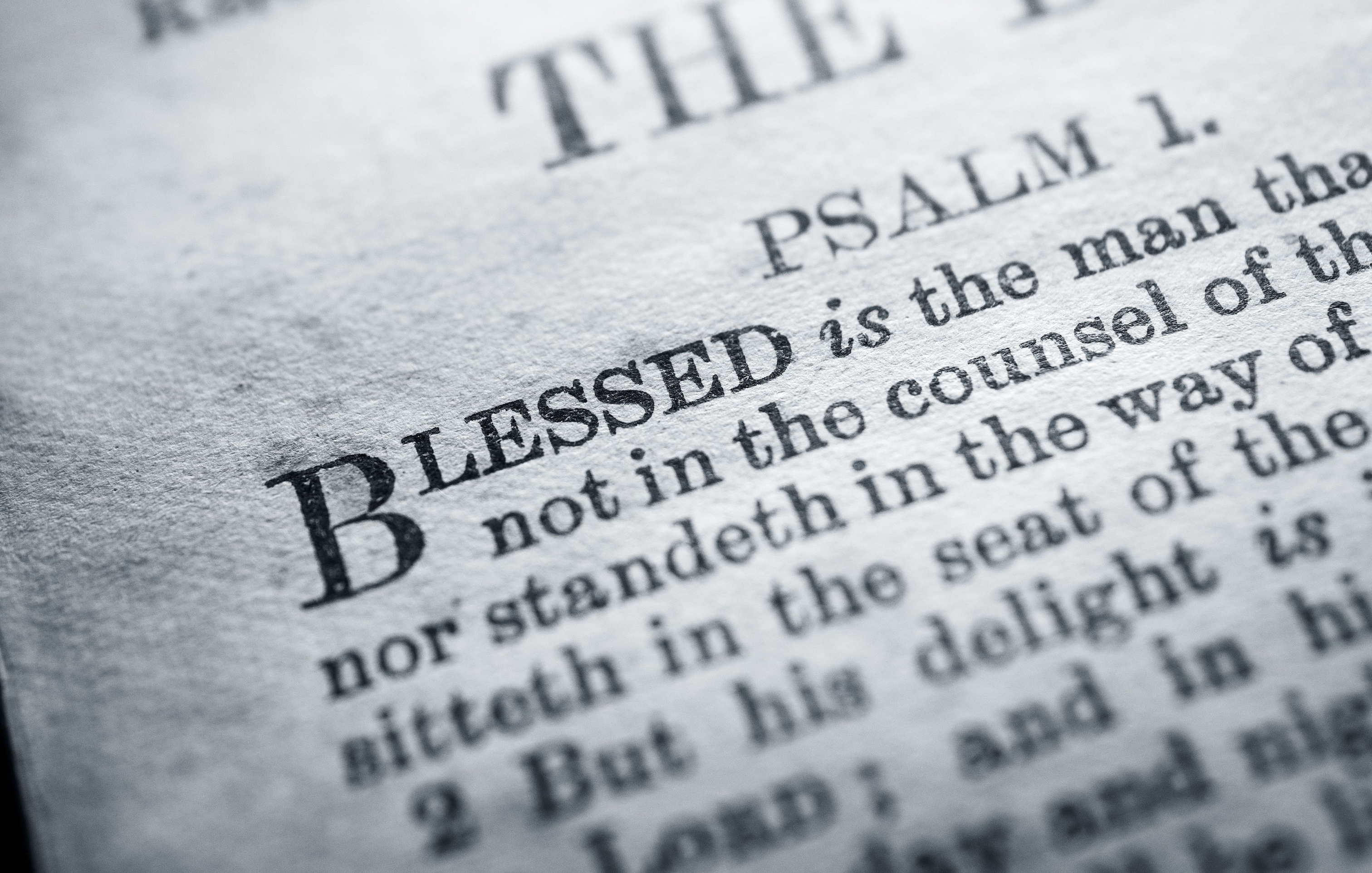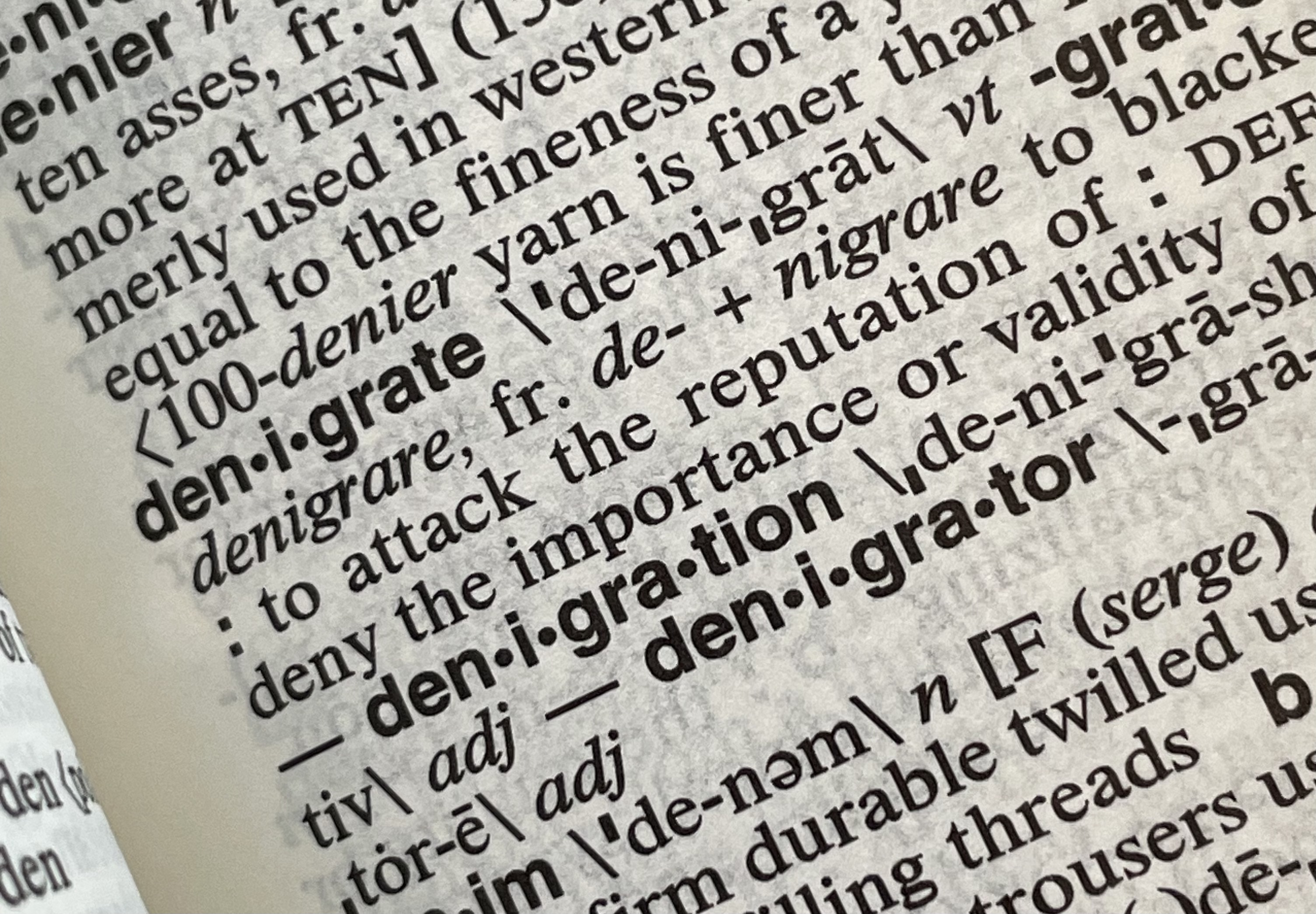Reading the Bible
for 21st Century Women
Just recently, a young woman asked me to consider writing a book that would show her how to read the Bible. She felt that most of it was irrelevant. After all, it was written by men, about men, and for men. I let her know I understood, because I understand the culture in which we live. Reading the Bible for 21st century women has no appeal.

I told her the following:
When I was 10 years old, a Sunday School teacher requested that her students memorize Psalm 1. I forgot until Saturday night. If you’ve not read it recently, here it is – in a slightly more up-dated version than I read as a child:
How blessed is the man who
- does not walk in the counsel of the wicked,
- Nor stand in the way of sinners,
- Nor sit in the seat of scoffers!
- But his delight is in the law of Yahweh,
- And in His law he meditates day and night.
- And he will be like a tree firmly planted by streams of water,
- Which yields its fruit in its season
- And its leaf does not wither;
- And in whatever he does, he prospers.
- The wicked are not so,
- But they are like chaff which the wind drives away.
- Therefore, the wicked will not rise in judgment,
- Nor sinners in the congregation of the righteous.
- For Yahweh knows the way of the righteous,
- But the way of the wicked will perish.
(Legacy Standard Bible, 2021)
I can still remember lying on my mother’s bed, cramming those six verses into my head, so I could recite them properly the following morning.

It didn’t matter that the first verse said, “Blessed is the man who does not walk in the counsel of the wicked or stand in the path of sinners or sit in the seat of scoffers.”
What mattered was that “his delight is in the Law of the Lord and on his Law he meditates. Day and night.” I knew that the person who wrote this psalm meant me.
As I read, the truths of the Psalm flowed through my head to my heart. I realized that if I, a ten-year-old little girl in Colorado, wanted God’s blessing, then I needed to do it God’s way. I needed to make God’s word an integral part of my life for the rest of my life and never stop.
I learned that there were only two types of people: those who love God’s word and those who don’t. I learned that their destinies were worlds apart. If I wanted my life to be solid and joyful, then I needed to build it on God’s word.
Now, almost sixty years later, I am so grateful for that Sunday School teacher. Those words changed my life and put me on a path with God. And over the years, I have learned that God’s word is true and never disappoints.

I grew up in an era when everyone knew that the Bible was written to everyone. No one had any trouble with the pronouns. When the psalmist wrote, “Blessed is the man who does not walk in the way of sinners,” we all knew that meant all of us, whether male or female, adult or child – if we wanted God’s blessing.
Reading the Bible for 21st Century Women?
Now we live in the 21st century!
But our culture has changed drastically. We cannot go through a single day without hearing of someone who is offended by a gender pronoun.

This generation of young adults were raised and taught to quibble over pronouns. They were trained to be offended by the ‘ignorant writers’ who didn’t know the difference between male and female and tried to lump them together into one pronoun.
“He and she” is awkward; “they” is often incorrect. Linguists tried to invent a new, inclusive pronoun. Authors struggled to avoid them altogether. Books are written about God being a “she.” Libraries regularly consider banning the Bible as “sexist.” The world has gone mad!
More Bad Examples
Actually, I have more problems with some of the commands and stories in the Bible that seem to denigrate women.
Whoa!
Define denigrate.

Denigrate means to degrade, belittle, depreciate, put down, pour scorn upon. I could write ‘put down,’ but I want you to really think about this.
Abraham is called a man of faith, but out of fear for his life, he denigrated his wife by giving her into Pharoah’s harem. God, being bigger than Abraham’s stupidity, saved her. But why is Abraham called a man of faith?
Jacob, also mentioned as having had admirable faith, had two wives. He let them prove their worth by giving birth to as many children as they could possibly have. Did they feel denigrated?

And what about God creating Eve to be Adam’s helper? Don’t helpers just clean up messes? I have written more fully about these episodes in other blogs and Bible studies. But let me give you another perspective.
Lots of Wonderful Women
As you read your Bible more, you will discover fiery, compassionate, and ambitious women, whom God praises. They lead into battle, confront royalty, and serve the less fortunate – all while caring for their families and loving God.
You will, however, also find women who are downtrodden and abused. You will hear God’s scathing condemnation of the men and societies that allow such things to happen. These women flee to God as their comfort, and their faith is praised by Jesus Christ Himself.
Women in the Bible were the first “missionaries” to tell of Jesus’s resurrection. The first church met in the home of a wealthy woman – probably a widow. Women were raised from the dead, assassinated murderers, saved the nation of Israel from extermination, spoke with angels, defied Pharoah, and fulfilled prophecies.

I will be writing blogs about all these women, so watch for them. In the meanwhile, don’t accuse the Bible of denigrating women. Perhaps we should admit that our world denigrates women. The Bible merely reflects the culture as it was and still is. But the Bible does not join in the denigration.
In fact, it demonstrates that God transcends our culture. He is the One who sees us as truly equals. He is the champion of the weak and the rewarder of those who join Him.
Women as “Sons of God”
Jesus died for every person who will ever live. He calls every person who accepts him a ‘child of God.’ That some translations use ‘son of God’ is simply a reflection of the culture in which the translators worked.
Feeling prickly? In Bible times, to be called a son was the highest position. For a woman to be treated as a son was elevating her above what society and culture thought she deserved.
Jesus is the Son of God. Why wouldn’t I want to be a sibling in that Family?
“Behold, what manner of love the Father has bestowed upon us that we should be called sons of God . . .” (First John 3:1).
Finally
Stop being offended. Stop looking for offenses.

A friend of ours once said about any teaching we receive: “Eat the orange; spit out the seeds.” If you hear Bible teachers minimizing the worth of women, you can be assured that they haven’t done enough study.
Don’t let your feelings be hurt. Go read your Bible and prove them wrong.
